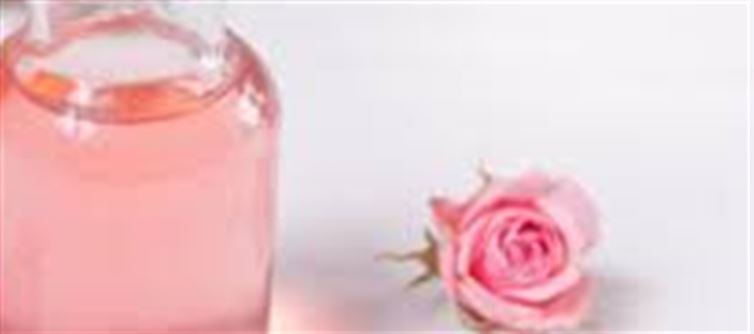
Rose water has long been celebrated in skincare for its soothing, hydrating, and rejuvenating properties. Here’s why it’s become a go-to potion for effortless glowing skin:
Benefits of Rose Water
Hydrates and Refreshes
Acts as a natural moisturizer, keeping skin soft and supple.
Can be sprayed directly onto the face to refresh tired or dull skin.
Balances Skin pH
Helps maintain the skin’s natural acidity, which protects against bacteria and inflammation.
Soothes Irritation
Anti-inflammatory properties calm redness, sunburn, and irritation.
Controls Excess Oil
Gentle astringent that regulates oil production, making it ideal for oily and acne-prone skin.
Enhances Skin Glow
Regular use can brighten skin and reduce dullness, giving a natural, radiant look.
Anti-Aging Effects
Rich in antioxidants that fight free radicals, helping reduce wrinkles and fine lines.
How to Use Rose Water for Glowing Skin
- As a Toner: After cleansing, apply with a cotton pad to tighten pores and refresh skin.
- Face Mist: Keep a small bottle in your bag to hydrate skin throughout the day.
- Mix With Face Masks: Add a few drops to clay or honey masks for enhanced effects.
- Under Makeup: Spritz lightly before applying makeup for a dewy finish.
💡 Pro Tip: Always choose 100% natural rose water without added chemicals or alcohol to avoid irritation and get maximum benefits.
Rose water isn’t just a skincare product—it’s a simple, natural ritual that can effortlessly transform dull skin into a healthy glow.
Disclaimer:
The views and opinions expressed in this article are those of the author and do not necessarily reflect the official policy or position of any agency, organization, employer, or company. All information provided is for general informational purposes only. While every effort has been made to ensure accuracy, we make no representations or warranties of any kind, express or implied, about the completeness, reliability, or suitability of the information contained herein. Readers are advised to verify facts and seek professional advice where necessary. Any reliance placed on such information is strictly at the reader’s own risk..jpg)




 click and follow Indiaherald WhatsApp channel
click and follow Indiaherald WhatsApp channel